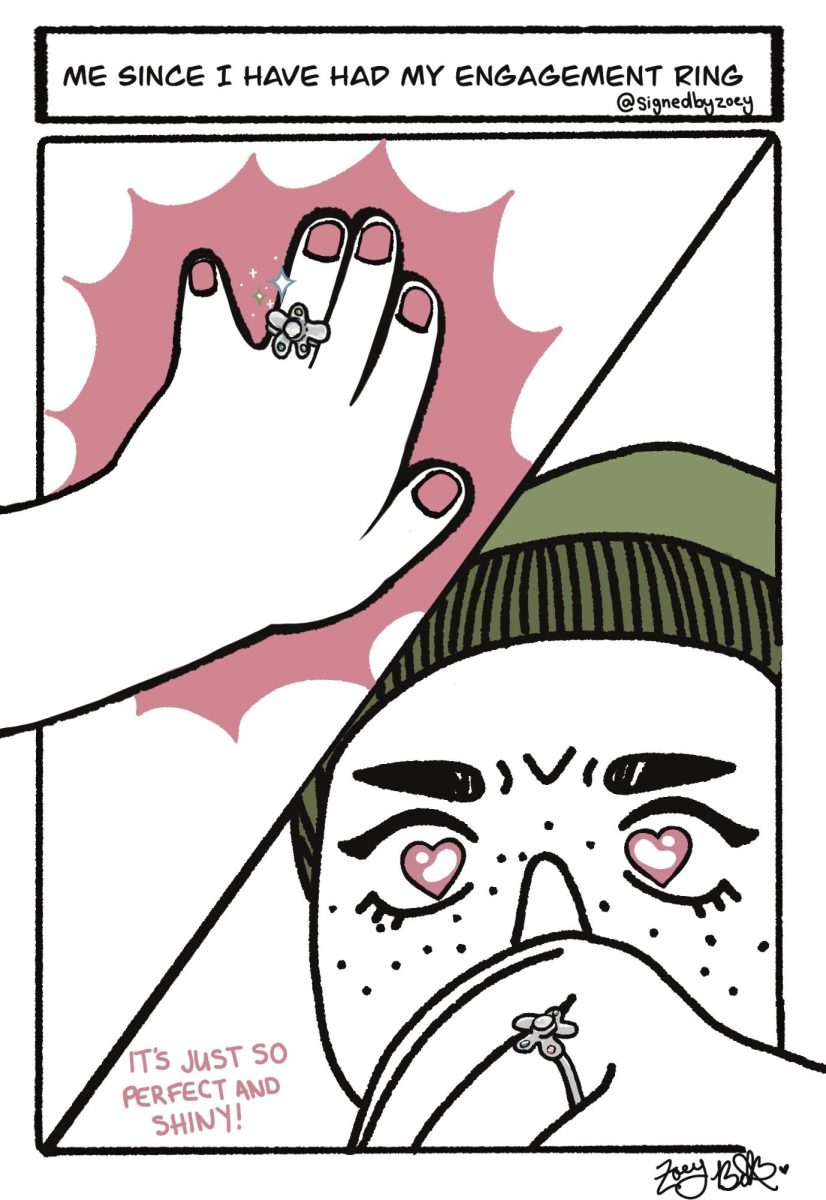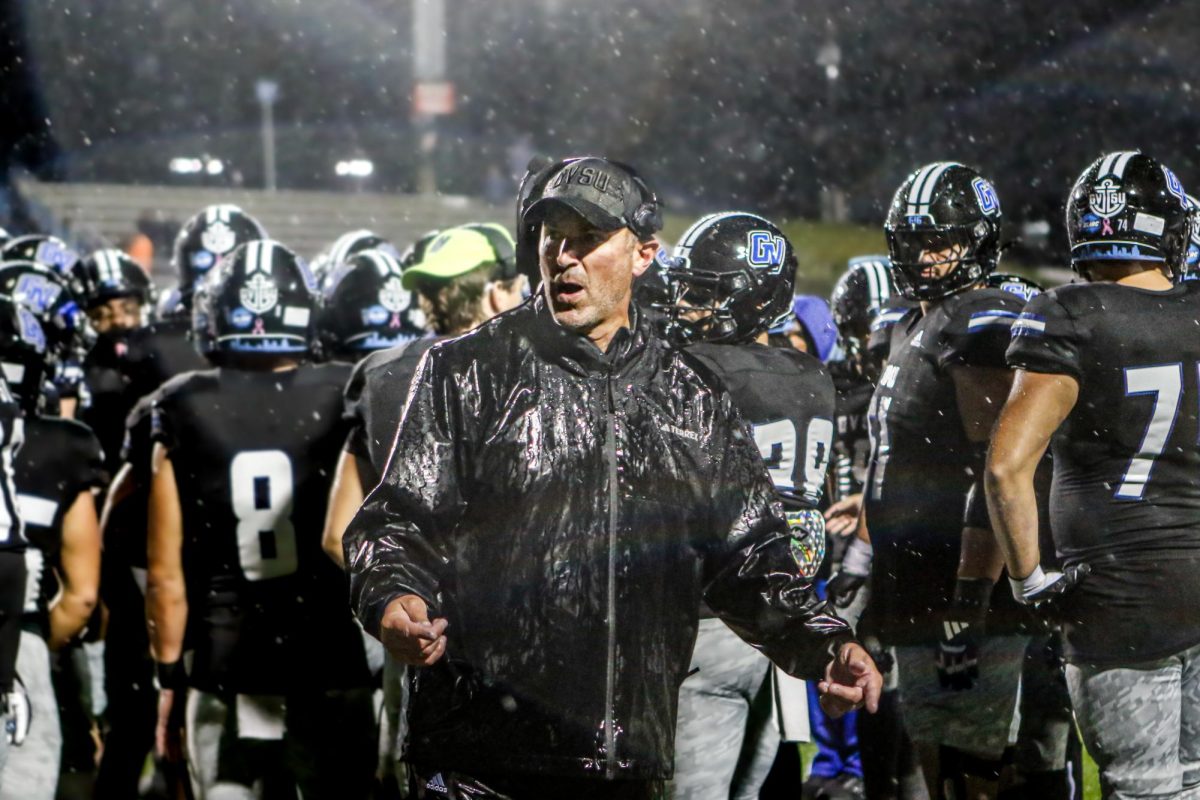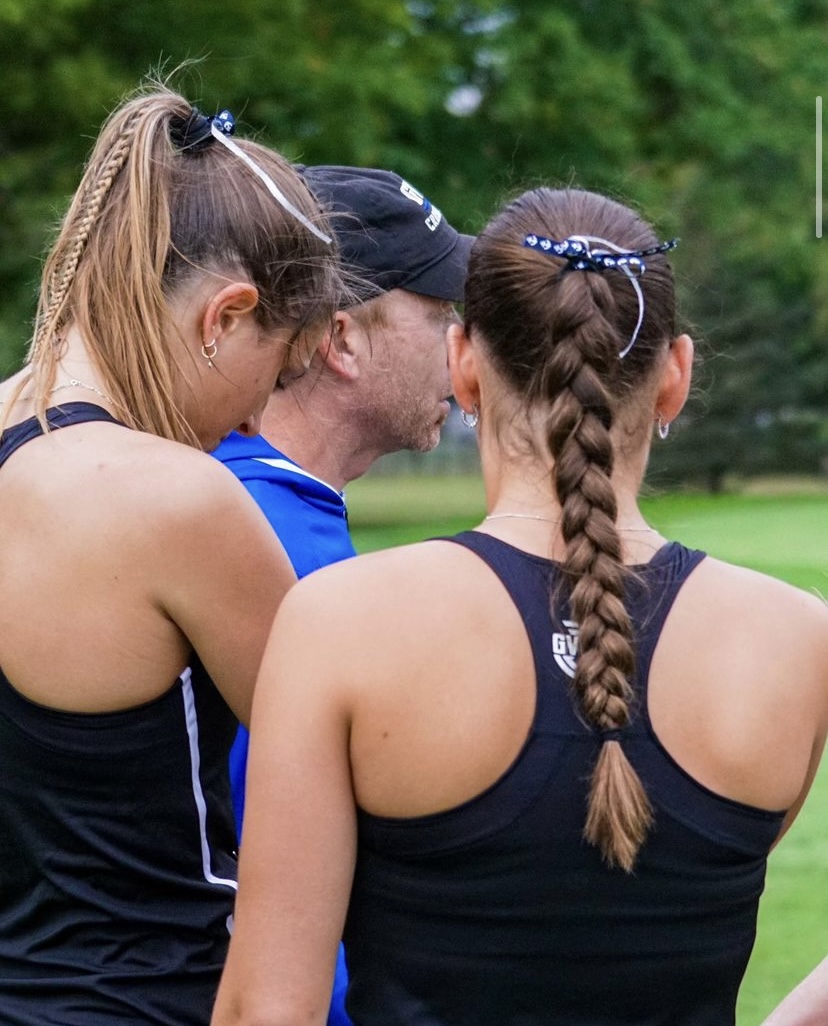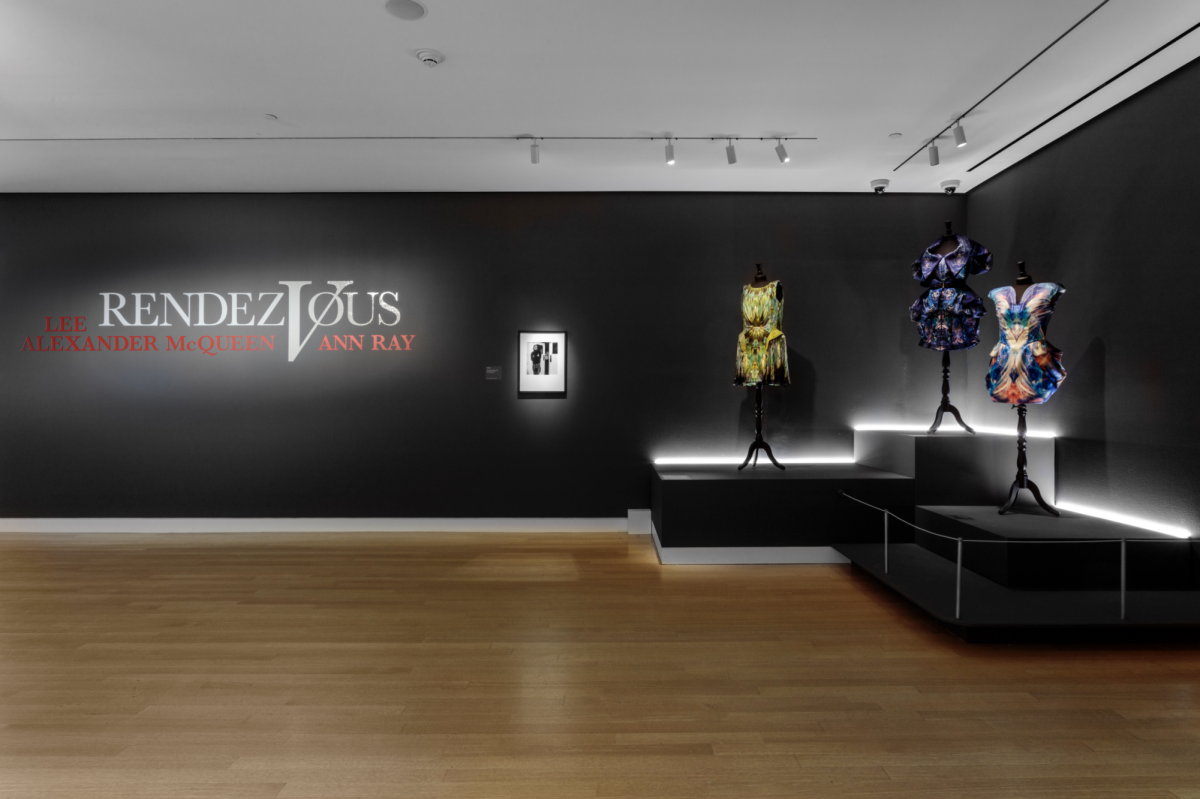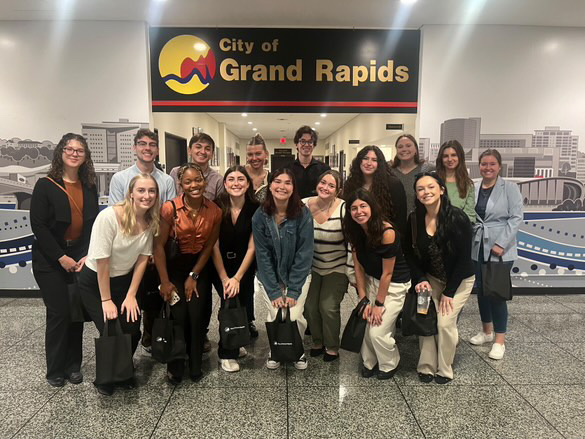Column: Do influencers encourage overconsumption?
Jan 30, 2023
Who has purchased something because of an influencer you follow? Chances are that almost all people that are regular social media users have at one point. Is that a good or bad thing? We are starting to see influencers encouraging overconsumption whether they mean to or not.
The number one problem, in my eyes, is PR packages. PR packages are when brands give influencers products to show on social media to their audience to raise awareness of a product. This is an amazing public relations and advertising tactic to get product traction on the internet. What isn’t amazing is how much waste comes out of PR packages. Typically, brands are sending these PR packages to well-known influencers, meaning that these influencers receive more packages and products than they know to do with. This is the first example of overconsumption – when someone overuses available products/goods that they don’t necessarily need.
PR packages also come with a lot of unnecessary packing. Brands want their package to stand out among many others that the influencer will receive, so they add things like confetti, glitter, candy, cards, plastic flashy packaging, packing peanuts, etc. Nine times out of 10, these are non-recyclable materials that are just going to be thrown away and put in a landfill for years to come. This is beyond harmful to the environment, but brands simply do not care. As long as their product sells out and they make a profit, they are happy.
Recently, brands have taken notice of influencer Alix Earle. Earle grew to over 2 million followers in less than a month on TikTok and Instagram. Any time she posts a product, it instantly sells out. Although this is incredible for a brand, it’s horrible in terms of sustainability. People are going out and buying products that they don’t need just because someone they want to look like used it once in a 30 second video. Not only is this extremely wasteful, but it also is bad for the consumer because they spent money on a product that they may only use once.
Recent scandals have shown that many paid brand partnerships encourage influencers to lie. Some influencers, when posting about brand deals, may lie about a product and say they love it just to make money. Recently, drama in the makeup community rose over a promotion for mascara. Makeup influencer Mikayla Nogueira was accused of wearing false lashes in a video that was supposed to show how good the mascara made her real lashes look.
These false accusations not only hurt the brand, which paid for a sponsorship, but also increases overconsumption among consumers. I’ve been there; I’ve purchased a product just because an influencer I liked and trusted recommended it. What if you found out that the product wasn’t even good? What if the influencer was lying about the outcome and now you wasted a trip to Target, gas, money, all to just throw the product away?
As a consumer of physical products and social media, I hope that things will change. I am already seeing some change with some sustainable brands – some are using recyclable materials that can be reused such as tote bags instead of plastic wrap, other brands use cardboard packaging versus plastic boxes. This is still not enough to combat how much waste has been accumulated because of social media as a whole.
We need to stop buying things that we truly don’t need. I encourage you to re-evaluate your timeline and unfollow people that are telling you to buy products 24/7. It is tempting to want to follow micro-trends and want to buy the new latest water bottle that everyone has, but instead, it’s better to invest in pieces that are going to last and hold their value for more than a few months. Investing in sustainable products is not only better for your wallet, but also for the planet.






